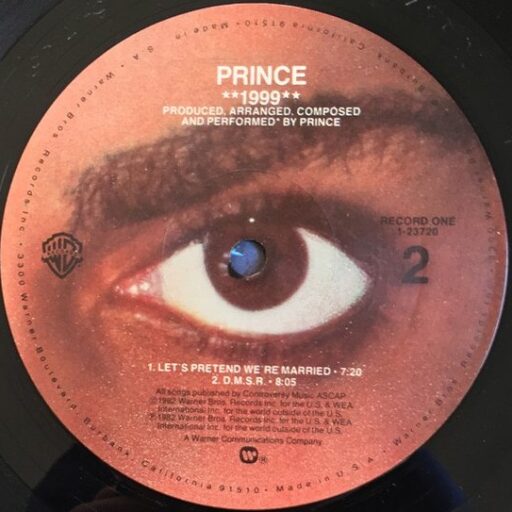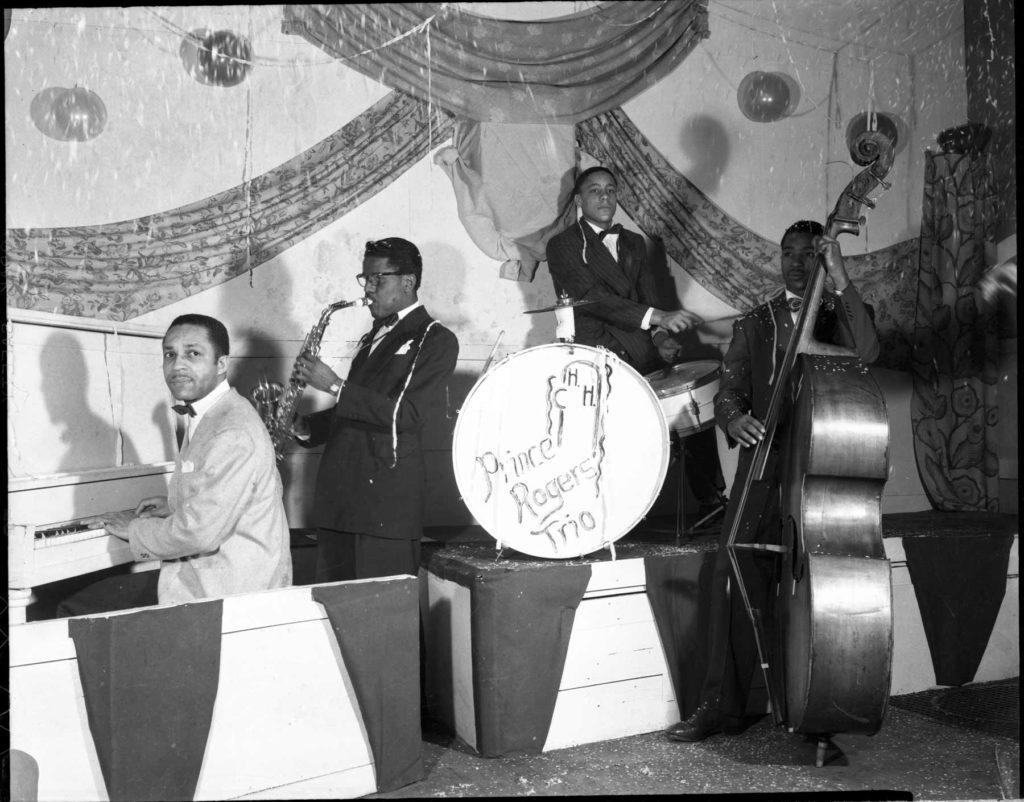Tag: duke ellington
-
Jungle Love
Long after the audience for a long-winded unpacking of the musical and cultural significance of “Jungle Love” has dried up, its value as a kitsch object will endure.
-
Delirious
“Delirious” is arguably the pinnacle of Prince’s brief, but intense infatuation with 1950s rock ‘n’ roll.
-
Podcast: Nothing Compares – A Conversation with Marylou Badeaux, Author of Moments… Remembering Prince
This is the last d / m / s / r podcast of 2017, and I have to say we’re going out on a high note. It was my honor and privilege to speak with Marylou Badeaux: a former Warner Bros. executive who worked closely with Prince for his 17 years with the label, and the author…

